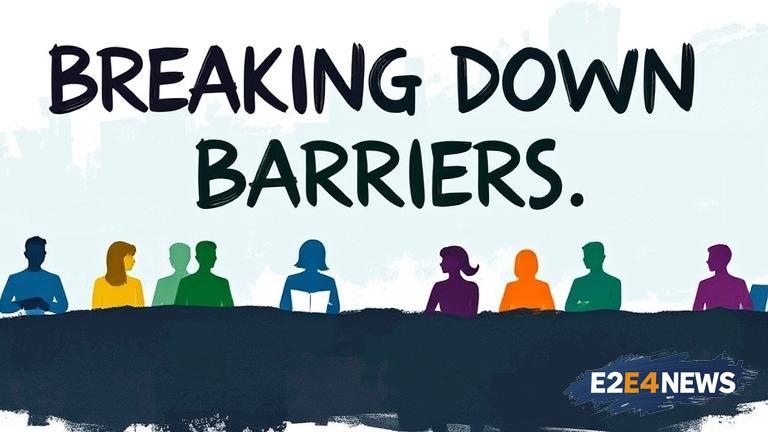Dyslexia, a learning disorder that affects an individual’s ability to read and process written language, has become a pressing concern in Ghana. Stakeholders, including educators, policymakers, and advocacy groups, are coming together to raise awareness and push for lasting solutions to address the challenges faced by individuals with dyslexia. According to experts, dyslexia affects approximately 10% of the population, making it a significant issue that requires attention and action. The Ghanaian government has been urged to develop and implement policies that cater to the needs of individuals with dyslexia, including the provision of specialized education and training programs. Furthermore, stakeholders are advocating for the inclusion of dyslexia-friendly materials and resources in schools, as well as the training of teachers to identify and support students with dyslexia. The importance of early detection and intervention cannot be overstated, as it can significantly impact an individual’s ability to succeed academically and professionally. In addition, stakeholders are emphasizing the need for a shift in societal attitudes towards dyslexia, from one of stigma and shame to one of understanding and acceptance. By working together, stakeholders believe that it is possible to create a more inclusive and supportive environment for individuals with dyslexia, enabling them to reach their full potential. The call for action is not limited to Ghana, as dyslexia is a global issue that requires a collective response. International organizations and experts are being encouraged to share their knowledge and expertise to support the development of effective solutions. In Ghana, the Ministry of Education has been tasked with leading the charge, working in collaboration with other stakeholders to develop and implement a comprehensive strategy to address dyslexia challenges. This strategy is expected to include the development of dyslexia-friendly educational materials, the provision of training and resources for teachers, and the establishment of support systems for individuals with dyslexia. Moreover, stakeholders are advocating for the inclusion of dyslexia in the national curriculum, to ensure that all students have access to information and resources about the condition. The private sector is also being encouraged to play a role, by providing funding and resources to support dyslexia-related initiatives and programs. By working together, stakeholders believe that it is possible to make a significant impact and improve the lives of individuals with dyslexia. The time for action is now, and stakeholders are urging the government and other relevant authorities to take immediate action to address the challenges faced by individuals with dyslexia. In conclusion, the call for lasting solutions to dyslexia challenges is a pressing one, requiring a collective response from stakeholders in Ghana and beyond. By working together, it is possible to create a more inclusive and supportive environment for individuals with dyslexia, enabling them to reach their full potential and contribute to the development of their communities. The journey ahead will not be easy, but with determination and perseverance, stakeholders are confident that they can make a significant difference. As the conversation around dyslexia continues to grow, it is essential that stakeholders remain committed to their goals, working tirelessly to ensure that the needs of individuals with dyslexia are met. Ultimately, the success of this endeavor will depend on the ability of stakeholders to work together, sharing their knowledge, expertise, and resources to create a brighter future for individuals with dyslexia.
